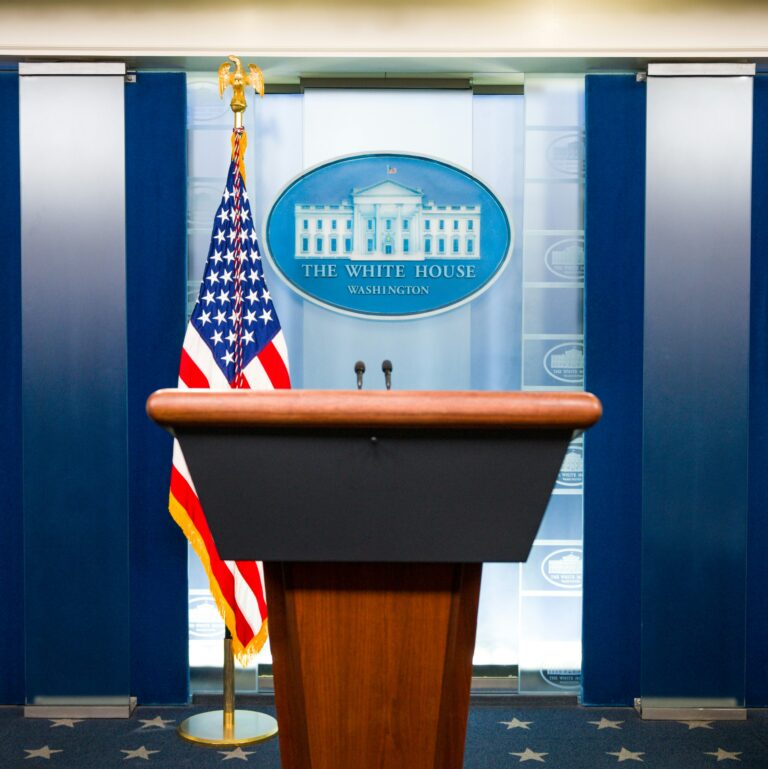Allies align economic measures to restrict Moscow’s financial and energy resources
WASHINGTON, Sept 9 — In response to a surge in Russian military strikes on Ukraine, officials from the United States and the European Union convened in Washington to plan strengthened sanctions designed to limit Moscow’s financial and energy capabilities. The talks highlighted the urgency of a coordinated approach to maximize the impact on Kremlin resources.
The meeting, held at the U.S. Treasury Department, included Treasury Secretary Scott Bessent and EU Sanctions Envoy David O’Sullivan. Discussions focused on broadening restrictions on Russian oil exports and refining operations, vital revenue streams for the Russian government, while stressing the importance of a unified transatlantic strategy.
Trump Signals Expanded Measures
President Donald Trump, participating remotely, indicated that the U.S. may move forward with a “second phase” of sanctions. This initiative could target countries such as India and China that continue purchasing Russian oil, aiming to cut off indirect support for Moscow and diminish its energy income.
EU Moves Ahead with 19th Sanctions Round
The European Union is finalizing its 19th sanctions package, which is expected to focus on Russian banks and energy companies. These measures aim to further isolate Russia from global financial networks and constrain its ability to export energy, complementing U.S.-led efforts.
Escalating Strikes Amplify Pressure
The discussions followed Russia’s most extensive attack on Ukrainian infrastructure to date, involving more than 800 drones and 13 missiles across over 30 sites. The strikes caused significant damage and casualties, prompting Ukrainian President Volodymyr Zelenskyy to call for stronger international sanctions and additional support.
Looking Forward
The coordinated strategy between the U.S. and EU demonstrates a firm commitment to applying economic pressure in response to Russia’s intensifying aggression. While the effectiveness of these sanctions depends on enforcement and international cooperation, the talks signal a more unified and assertive stance from Western powers in the ongoing conflict.



